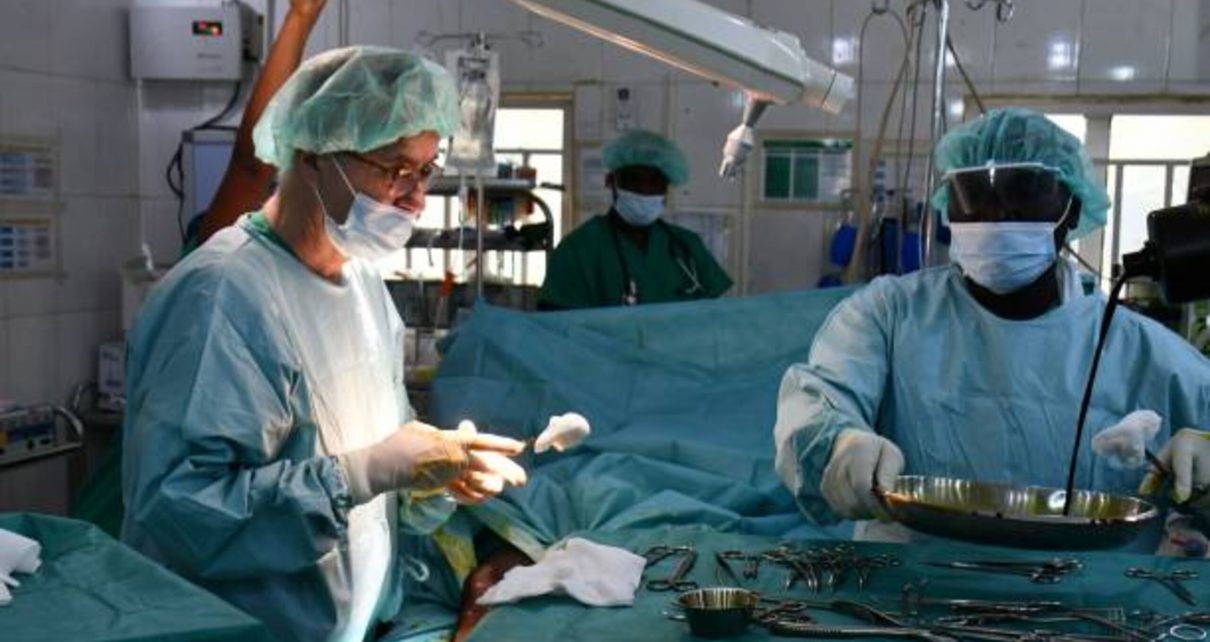On Wednesday, the National Association of Resident Doctors (NARD) announced the initiation of an indefinite strike among frontline doctors in Nigerian public hospitals. The strike has been triggered by various grievances, including the call for a pay rise after the withdrawal of petrol subsidies.
The doctors become the first group of public sector workers to embark on a strike as fuel prices surged more than threefold, and transport fares rose following President Bola Tinubu’s decision to scrap the popular subsidy at the end of May. This has exacerbated the cost of living crisis in Africa’s largest economy.
Resident doctors, who constitute a significant portion of frontline healthcare in Nigeria, are medical school graduates undergoing specialist training and are critical to emergency wards in hospitals.
The union represents approximately 15,000 resident doctors out of a total of over 40,000 doctors in the West African nation.
The strike comes as the government failed to review members’ salaries both before and after the subsidy’s removal. Moreover, the shortage of medical professionals as doctors seek better-paying opportunities abroad has contributed to the doctors’ decision to take industrial action.
Back in June, Nigeria’s main labour unions and the government set an eight-week timeline to finalize an agreement aimed at raising the minimum wage, seeking to mitigate the impact of soaring fuel prices in the country.
President Tinubu, who has initiated bold reforms, has been facing pressure from unions to offer support to households and small businesses after scrapping the subsidy, which cost the government $10 billion last year.
Notably, the President is yet to form a team of ministers since his inauguration in May, which followed disputed elections in February. In an attempt to dissuade the doctors from striking, the speaker of the lower house has been engaged in negotiations with the medical professionals.
Nigerian doctors have a history of frequent strikes, often citing poor working conditions as the primary reason. In 2020, they walked out of their jobs three times, even during the height of the COVID-19 pandemic.



